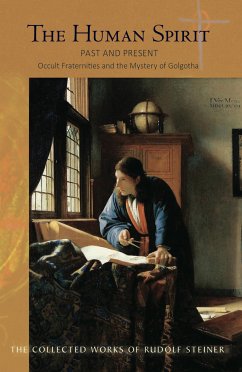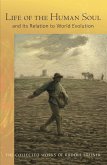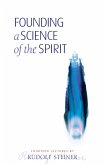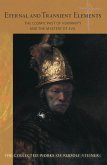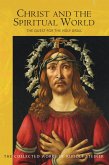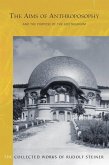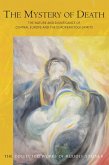In the midst of the lies and propaganda of the Great War, Rudolf Steiner struggled to convey the truths of the human spirit. The 'truth' asserted by partisan interests, he suggested, was invariably tinged with dishonesty - whether the outright mendacities of politicians and rulers (Steiner refers here to the machinations of the British Empire), or the manipulative techniques of secret societies, intent on securing and shoring up their own power. In relation to the latter, Rudolf Steiner highlights how, whilst we tend to reject overt authority nowadays, we succumb more easily to its covert forms in the 'received wisdoms' we often unthinkingly adopt.
In seeking to help his audiences discern the spiritual struggle unfolding behind outer events, Steiner describes how the intrigues that led to the war were based on intentional deceit, which served hidden aims of which the public was mostly kept in the dark. In contrast to the divisiveness of untruth, truth is based on a realization of the interconnectedness of all things - of interdependence between the realms 'below' and 'above' us. The 'I', upon which all evolution on earth is predicated, signifies an overcoming of egotism and narrow interests, together with the imaginative embrace of all beings. Its spiritual reality - that descends to us from non-material worlds and towards which we evolve through earthly lives - is the epitome of truth.
Amidst many other topics covered here, Rudolf Steiner speaks about The Qur'an and the Mystery of Golgotha; Henry VIII, Thomas More and the Church of England; the Jesuits and their State in Paraguay; Freemasons, esoteric symbols, and handshakes; Madame Blavatsky's occult imprisonment by Anglo-Saxon brotherhoods; Dostoyevsky's The Brothers Karamazov; and the occult literature of Papus and Lévi.
Dieser Download kann aus rechtlichen Gründen nur mit Rechnungsadresse in A, B, BG, CY, CZ, D, DK, EW, E, FIN, F, GR, H, IRL, I, LT, L, LR, M, NL, PL, P, R, S, SLO, SK ausgeliefert werden.
Hinweis: Dieser Artikel kann nur an eine deutsche Lieferadresse ausgeliefert werden.

